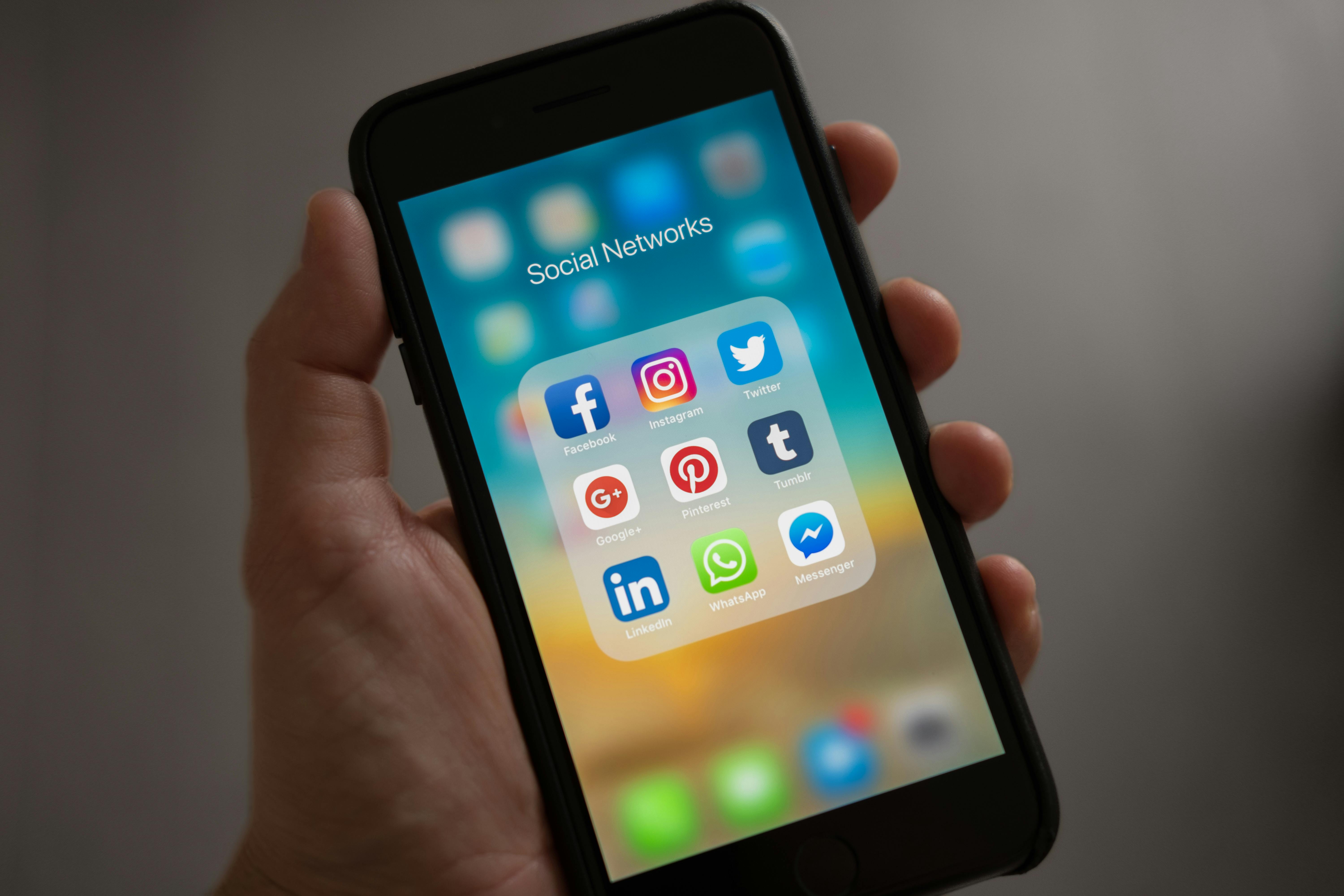While
technology has made life easier in many ways, it has also taken a silent toll
on our mental health. From sleep disturbances and anxiety to decreased
attention span and emotional burnout, the cost of being “always online” is
becoming hard to ignore.
This
is where the concept of a digital detox comes in.
A
digital detox is not about quitting technology completely. It’s about
creating mindful boundaries with your devices, reclaiming your time, and
allowing your mind to reset. At The Mind Veda, we believe that your
relationship with your phone and screen time directly impacts your emotional
well-being — and small steps toward balance can make a big difference.
Why
Do We Need a Digital Detox?
The
average Indian adult spends more than 6-8 hours a day on screens — and
often more for those working in tech, media, or corporate jobs. Add social
media, OTT platforms, online shopping, and gaming, and you’ve got a brain
that's always alert, stimulated, and overloaded.
Here’s
what too much screen time does to our mental health:
- Increases
anxiety and FOMO (fear of missing out)
- Impacts
sleep quality due to blue light exposure
- Reduces
productivity and focus
- Feeds
into negative self-comparison and low self-esteem
- Disconnects
us from real-life relationships
Even
though we’re “connected” 24/7, we’re often more lonely, tired, and mentally
scattered than ever before.
Signs
You Need a Digital Detox
Do
any of this sound familiar?
- You
reach for your phone first thing in the morning and last thing before bed.
- You
feel restless or anxious when you’re away from your phone.
- You
keep scrolling even when you know it’s affecting your mood.
- You
find it hard to concentrate or complete tasks without checking
notifications.
- You
feel mentally exhausted, even if you haven’t done anything physically
tiring.
If
yes, it’s time to take a pause not from life, but from your screens.
The
Mental Health Benefits of Digital Detox
At
The Mind Veda, we often meet clients who feel drained, irritable, or
disconnected and they don’t realize that screen overload is a big part of the
issue. A digital detox can bring surprising benefits:
1.
Reduced Anxiety and Overthinking
Without
constant updates, comparisons, or bad news from the internet, your brain gets a
break. The noise reduces. You start to feel calmer.
2.
Improved Sleep
Stepping
away from screens before bedtime helps regulate melatonin levels and improves
the quality of your sleep — which directly affects mood and concentration.
3.
Better Focus and Productivity
When
you’re not distracted by beeps and pings, you’re able to do more in less time —
whether it’s work, study, or household tasks.
4.
Healthier Self-Esteem
Social
media often leads to distorted self-image. A detox helps you re-center yourself
and appreciate your real life, not someone else's curated version of it.
5.
Emotional Reconnection
When
you’re less online, you naturally become more present — with your partner,
friends, family, or even your pet. Real connection begins to feel fulfilling
again.
How
to Start a Digital Detox (Even If You’re Addicted to Screens)
You
don’t have to go cold turkey. The key is mindful use and setting
boundaries that feel realistic. Here are some practical tips:
✦ Set Screen-Free Hours
Create
“no-phone” zones in your day during meals, the first hour after waking up, or
one hour before sleep.
✦ Use Apps to Track Usage
Apps
like Digital Wellbeing (Android) or Screen Time (iOS) give you
insights into your daily habits — awareness is the first step to change.
✦ Turn Off Non-Essential Notifications
You
don’t need to know when every meme page or shopping site posts an update.
Silence the noise.
✦ Try a Weekend Detox
Pick
one weekend a month to go off social media or limit your screen time
drastically. Go out, meet people, or just rest.
✦ Reconnect with Offline Activities
Read
a physical book, go for a walk, paint, play board games, or cook something new.
Let your brain enjoy slower, richer activities.
How
Therapy Helps During a Digital Detox
At
The Mind Veda, we understand that going offline is not just about
changing habits — it’s about dealing with what surfaces when the distraction
is gone. Many people experience mood swings, boredom, or restlessness
during detox. This is where therapy becomes a valuable support system.
A
therapist can help you:
- Understand
your emotional attachment to screens
- Identify
the underlying causes of compulsive scrolling
- Build
self-worth beyond social media validation
- Learn
coping tools to manage stress, anxiety, or low mood
- Create
sustainable digital boundaries
One
of our clients, Ritika, a 27-year-old content writer, came to us feeling
constantly overwhelmed. Her sleep was disturbed, she couldn’t focus, and she
felt burnt out despite working from home. Through therapy, we realized she was
online for almost 10 hours a day, bouncing between emails, Instagram,
and YouTube.
We
introduced a guided digital detox plan with weekly therapy check-ins. Within a
month, Ritika reported:
- Better
sleep and energy levels
- A
renewed interest in offline hobbies
- Improved
self-confidence
- Less
anxiety and overthinking
What
began as a detox became a deeper healing journey and it’s possible for
you too.
Your
Mind Deserves a Break Start Today
In
a world that rewards speed, stimulation, and scrolling choosing stillness is
an act of self-love.
Whether
you're a student overwhelmed by online classes, a professional lost in the
chaos of work emails, or someone just tired of feeling mentally heavy a digital
detox can be your first step toward clarity.
And
you don’t have to do it alone.
At
The Mind Veda, our team of therapists is here to help you understand
your digital patterns, rewire your habits, and take back control of your mind.
You’ll not just reduce screen time — you’ll rediscover your time.

